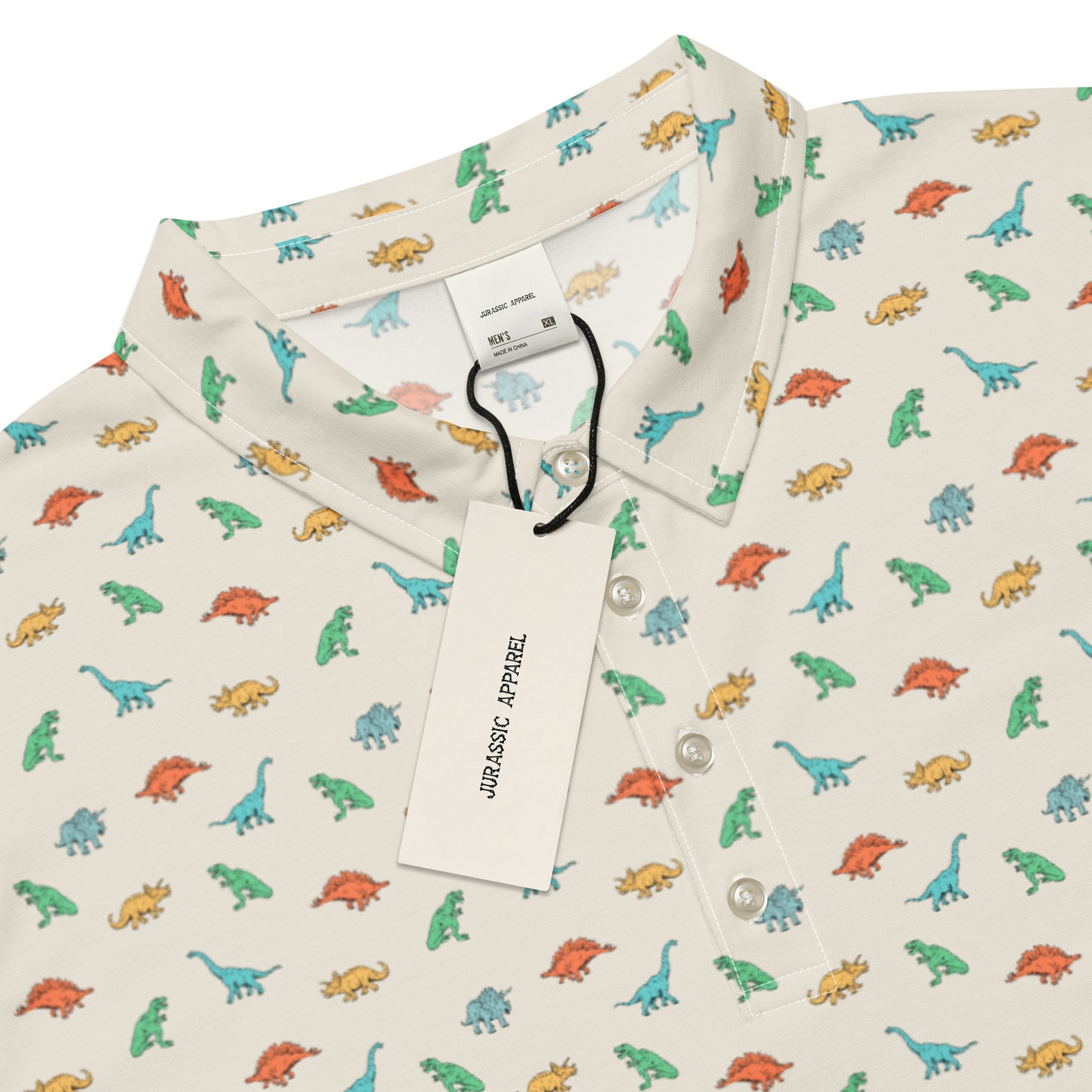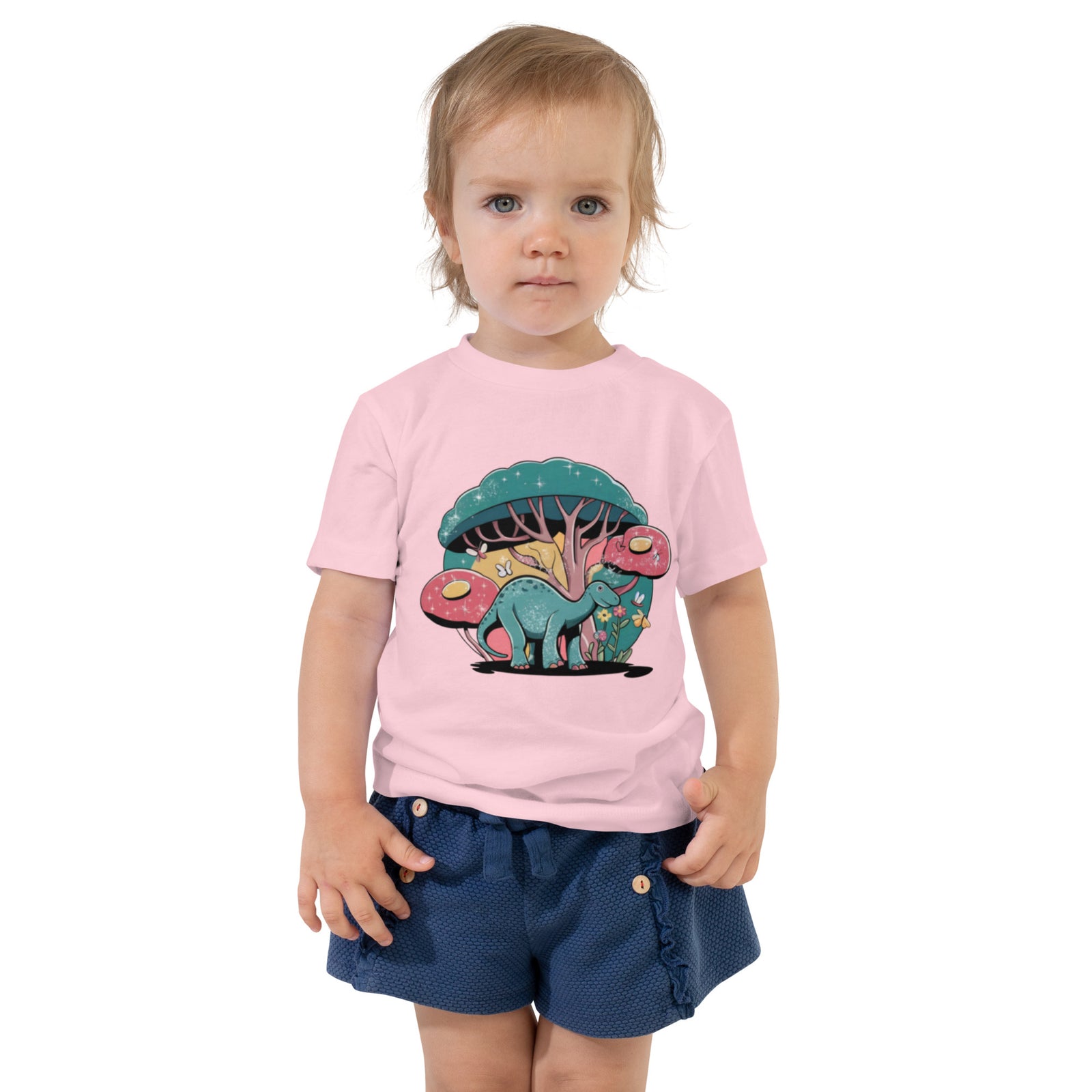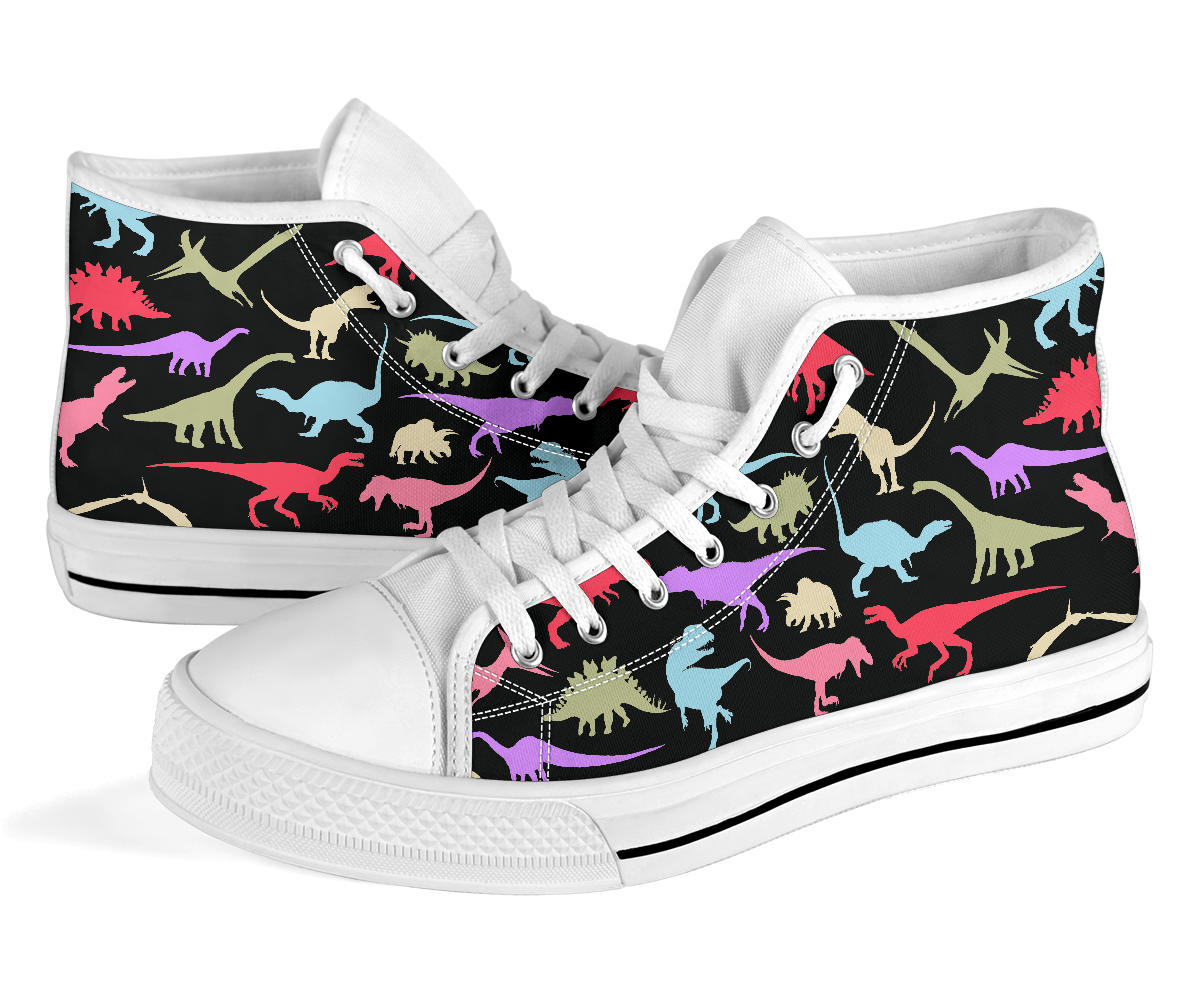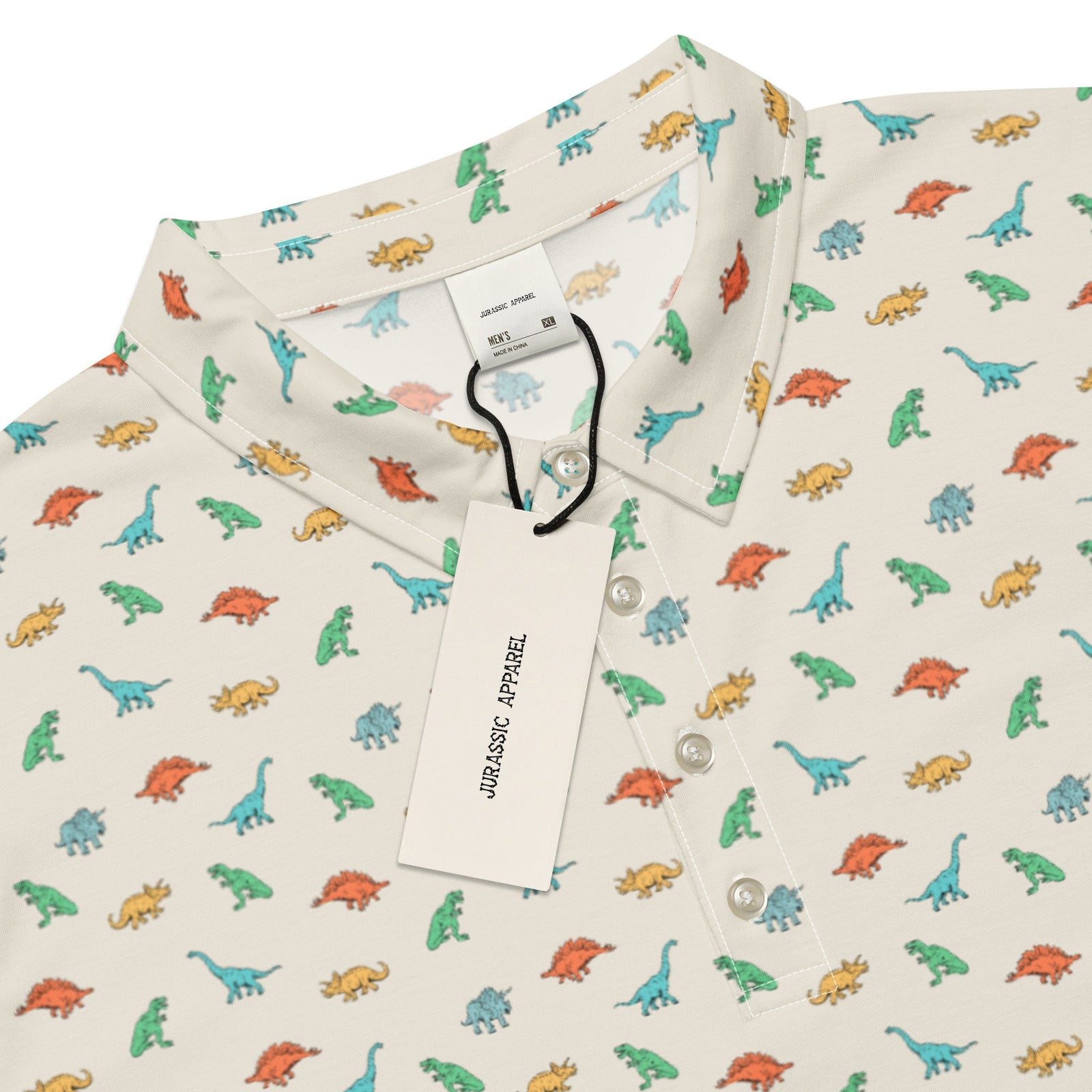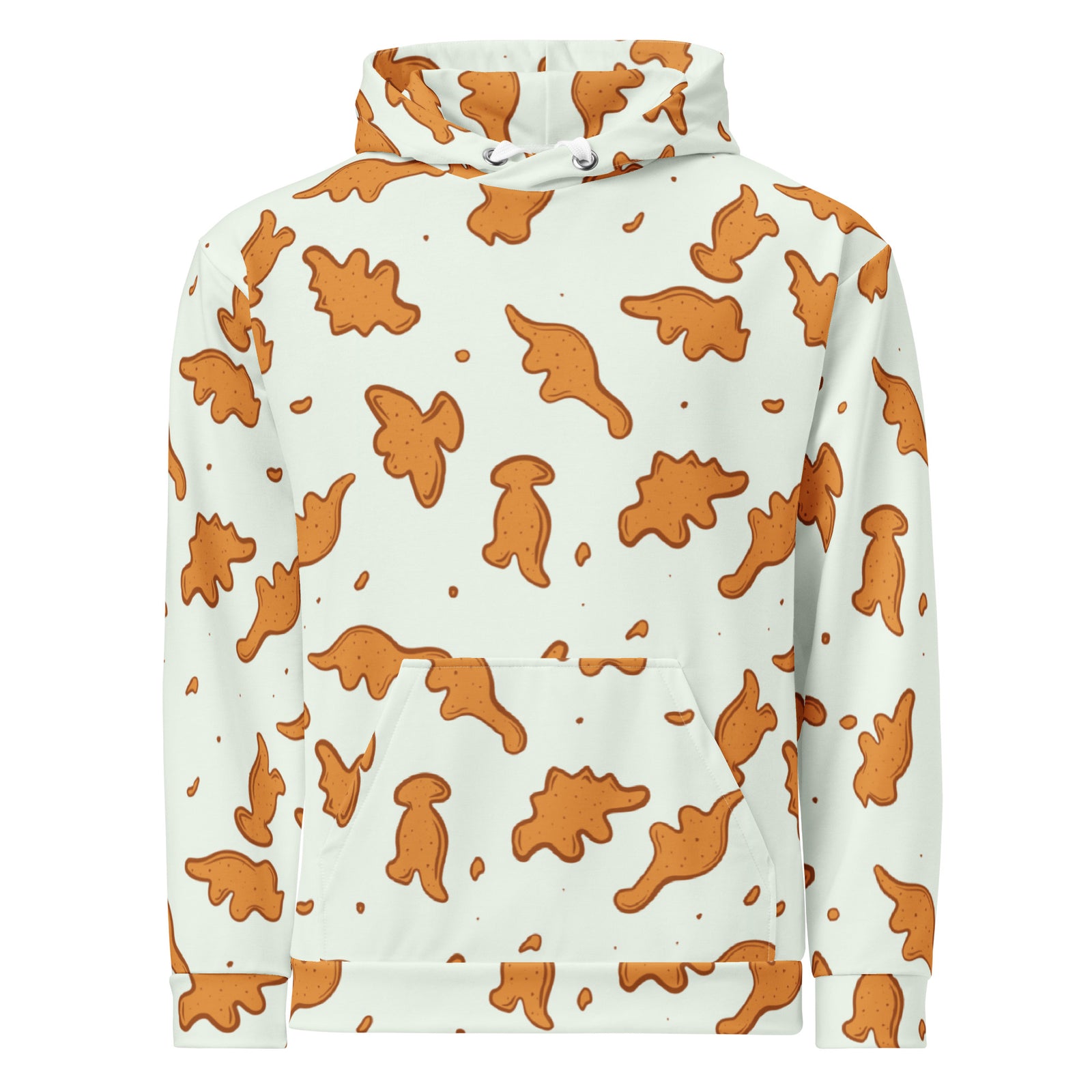Free Shipping On Orders over $75
Free Shipping On Orders over $75
Women's
Men's
Kids
Baby/Toddler
Accessories
Nemegtosaurus
August 07, 2024 2 min read

(AI Interpretation)
Nemegtosaurus: The Forgotten Giant of the Late Cretaceous
Dinosaur Facts:
- Dinosaur Type: Sauropod
- Period: Late Cretaceous (approximately 70 million years ago)
- Diet: Herbivore
- Length: Estimated at 20-30 feet (6-9 meters)
- Height: Approximately 10-15 feet (3-4.5 meters)
- Weight: Roughly 10-15 tons
- Notable Features: Long neck, long tail, and relatively small head
Nemegtosaurus for Kids
Meet Nemegtosaurus!
Nemegtosaurus was a gigantic dinosaur that roamed the Earth during the Late Cretaceous period. Imagine long necks reaching for the treetops and massive bodies stomping along ancient landscapes!
What did Nemegtosaurus look like?
With its long neck and tail, Nemegtosaurus resembled other sauropods but was unique in its smaller head, which was adapted to browse on high vegetation. Its body was massive, built to support its weight.
What did Nemegtosaurus eat?
Being a herbivore, Nemegtosaurus primarily fed on leaves, ferns, and other vegetation available in its environment. It would have used its long neck to reach food high up in trees, similar to modern-day giraffes.
In-Depth Look at the Nemegtosaurus
Anatomy and Physical Features
Nemegtosaurus's anatomy was typical of sauropods, characterized by an elongated neck, a long tail for balance, and column-like legs for support. Studies suggest it may have had a relatively small head, housing teeth suited for grazing.
Behavior and Habitat
Nemegtosaurus likely inhabited lush, semi-tropical environments filled with dense vegetation. These areas provided ample food sources while allowing the dinosaur to thrive in social groups, suggesting herd behavior.
Scientific Discovery and Research
Discovered in the Nemegt Basin of Mongolia in the 1970s, the fossils of Nemegtosaurus have been crucial in advancing our understanding of sauropod biology and evolution. They are thought to represent a well-adapted species to their environment.
Social Behavior and Defense Mechanisms
While Nemegtosaurus was primarily herbivorous and did not hunt, it likely engaged in social behaviors such as herding for safety against predators, utilizing its size as a defense mechanism.
Nemegtosaurus in Popular Culture
Nemegtosaurus may not be as famous as T. rex or Velociraptor, but it has made appearances in documentaries and children's books. Its gigantic form captures the imagination, placing it among society's favorite dinosaurs.
Ongoing Research and Discoveries
Recent studies continue to uncover more about Nemegtosaurus and its contemporaries, utilizing advanced imaging and modeling techniques to better understand their physiology and behavior.
Conclusion
Nemegtosaurus represents a fascinating chapter in the long history of dinosaurs, embodying the size and adaptive features that define many sauropods. As research progresses, our understanding of these giants will only continue to grow, ensuring that they remain a topic of interest for generations to come.


